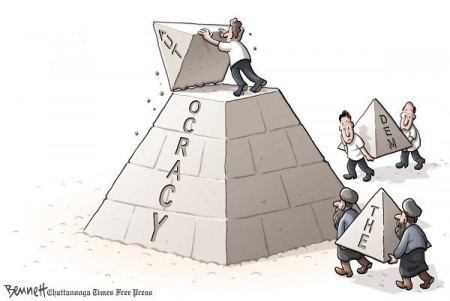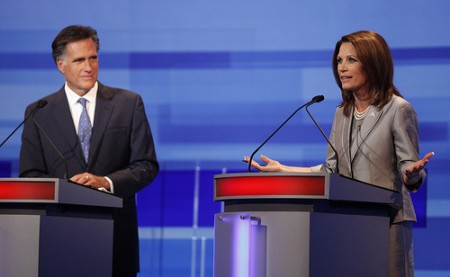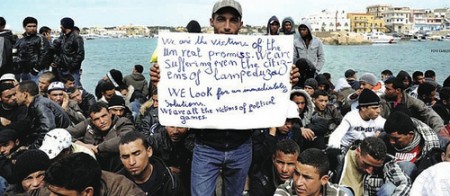
Much to the chagrin of Western governments, Egypt’s first elections since the overthrow of Mubarak’s regime in February are unlikely to yield a secular democratic government. Receiving an estimated 65 percent of total votes, Islamist parties consolidated their gains in Egypt’s second round of multistage parliamentary elections held on December 14-15, achieving yet another landslide victory that is unlikely to be reversed in the third and last round of voting in January. Although not fully surprising, the marginalization of liberal and secular forces at the ballots has caused notable uncertainty among Western states when it comes to formulating foreign policy options towards Egypt and the Middle East more generally.
Governments in both Europe and the US have been understandably reluctant to voice premature concessions in the face of a probable coalition government dominated by Islamist parties. To be sure, even though the Muslim Brotherhood and the Al-Nour Party, the political wing of the Salafi movement, do not share a fully congruent ideology, they are both in favor of implementing Sharia law. The dilemma is obvious even despite the political outcome in Egypt. What remains is great ambiguity in how political Islam would actually be implemented once the relevant factions seize power, and whether this would be compatible with the stipulations the revolution has fought for and, moreover, Western ideals of self-determination and human rights.




